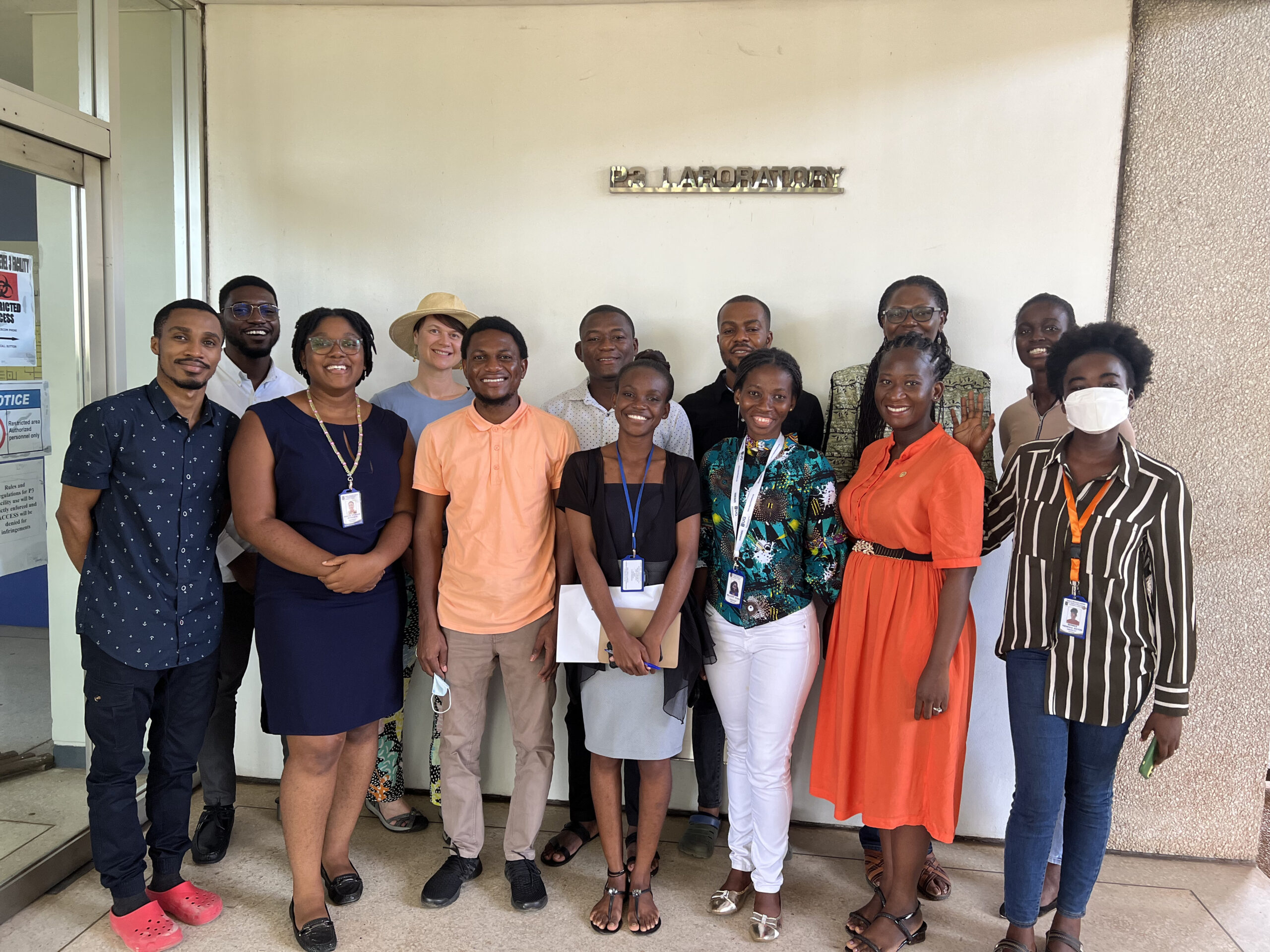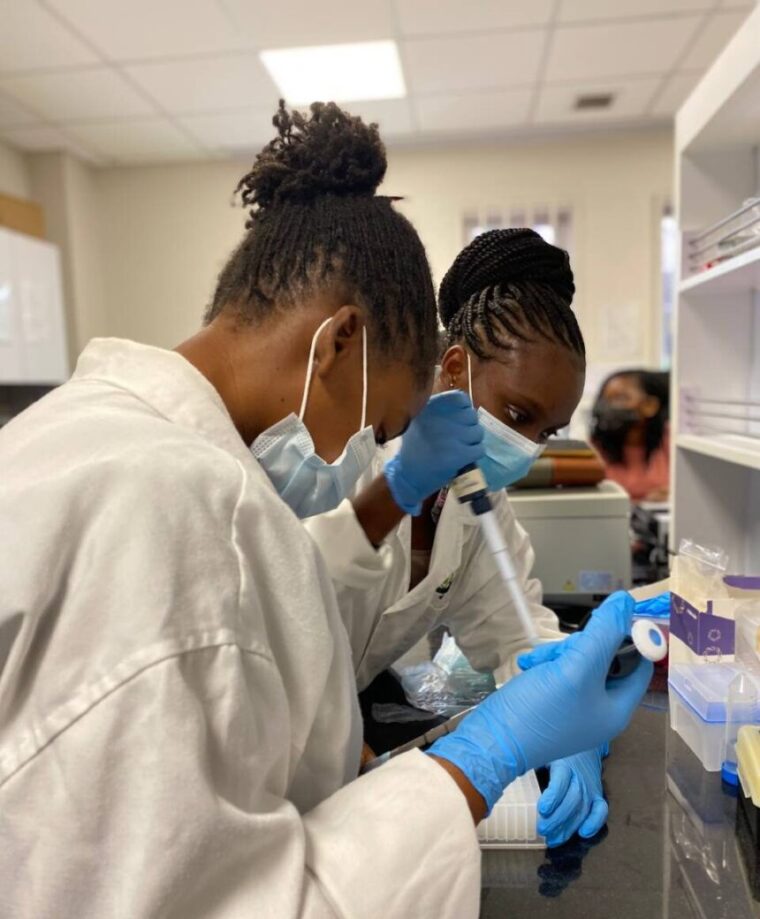Genomics is the study of genes, their functions and associated techniques.
Genomic research now impacts all areas of life.
Genomics involves the sequencing and analysis of an organism’s genome. Plasmodium falciparum parasite which is the deadliest and Anopheles gambiae, the most important mosquito vector in Sub-Saharan Africa have their reference genomes established. This serves as the foundation for genetic diversity studies and broadens our understanding of the implications genetic variations have on basic disease biology, drug, insecticide and vaccine efficacy. The application of population genomic data in malaria epidemiology helps stakeholders in public health make informed decisions with regards to parasite and vector control strategies.
Our Ongoing Genomics Research Projects
Temporal Strain Structure and Responses to Interventions in a High Endemicity Region of Plasmodium falciparum

The current study seeks to characterize the diversity of the Plasmodium falciparum reservoir by looking at the variant antigen gene (Var gene diversity), immune selected markers (i.e. antigen encoding genes) and antimalarial drug resistance markers in Bongo District, Ghana using molecular diagnostic and sequencing methods.
This study will combine theory with field and laboratory methodologies to generate new understandings of the reservoir of P. falciparum and its resilience to elimination.
Combining both cross-sectional and clinical surveys, this research also extends our previous longitudinal field study in Bongo District, to monitor and evaluate the response of the P. falciparum reservoir to malaria control such as interventions, including long-lasting insecticide treated bed nets (LLINs), indoor residual spraying (IRS), and seasonal malaria chemoprevention (SMC).

The RTS,S project
Following the phase III rollout of the vaccine, there has been an observed reduction in the efficacy of the vaccine after administration, thus the need to investigate the contributory factors leading to this effect. This study seeks to investigate the impact of environment, host genetics and antigen diversity of the RTS,S/AS01 malaria vaccine on its efficacy.
This study is manned by a team of collaborators from 4 partnering institutions namely, Brown University, University of North Carolina (UNC), Noguchi Memorial Institute for Medical Research (NMIMR) and Kintampo Health Research Center (KHRC).

